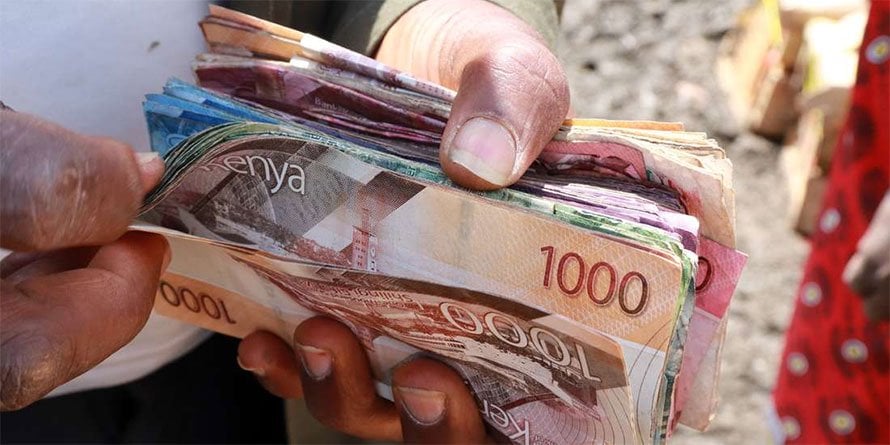[ad_1]
Economy
Lenders’ CRB requests rise five million on Covid risks
Thursday May 27 2021
Inquiries for borrowers’ profiles from credit reference bureaus (CRB) increased by a fifth or 5.06 million as lenders sought to make quick decisions on ability to pay in the wake of the coronavirus-induced hardships.
Central Bank of Kenya (CBK) annual report data shows credit reports as requested by commercial and microfinance banks.
During the review period, CBK had barred unregulated digital mobile lenders from forwarding the names of loan defaulters to CRBs and stopped the blacklisting of borrowers owing less than Sh1,000.
The rise in request for CRB reports came at a time coronavirus-induced layoffs, salary cuts and depressed sales for firms increased lending risks amid rising loan defaults.
The data also shows that credit report from individuals grew 34 percent to 888,647 as more borrowers sought their own credit scores, taking advantage of entitlement to one free credit report a year.
“The increase is a testament to the integral role played by the Credit Information Sharing (CIS) mechanism in the credit market and the increase in general awareness of the CIS mechanism by the populace,” CBK says in the banking supervision report for 2020.
The increase came at a time the banking sector was struggling with mounting unpaid loans whose share rose to the highest level since August 2007.
CBK data shows that non-performing loans rose to Sh403.9 billion in October, from Sh349.9 billion at end of February — the sharpest eighth-month increase in recent history.
Industries and other businesses cut down on their activities in response to the infectious disease, leading to job cuts and unpaid leave for retained staff as profitable firms move into losses.
This has seen workers who had tapped mortgages and unsecured loans for purchase of goods such as furniture and cars and expenses like school fees default. Unsecured loans are given on the strength of one’s salary.
Businesses that tapped loans based on their projected cash flows are also struggling to meet the loan obligations.
The banking regulator had suspended CRB listing for loans that were defaulted after April 1 in a move aimed at cushioning Kenyans from the adverse effects of the Coronavirus pandemic.
The relief lapsed on September 30 last year paving the way for way for resumption of the negative listing on January 1.
[ad_2]
Source link
















